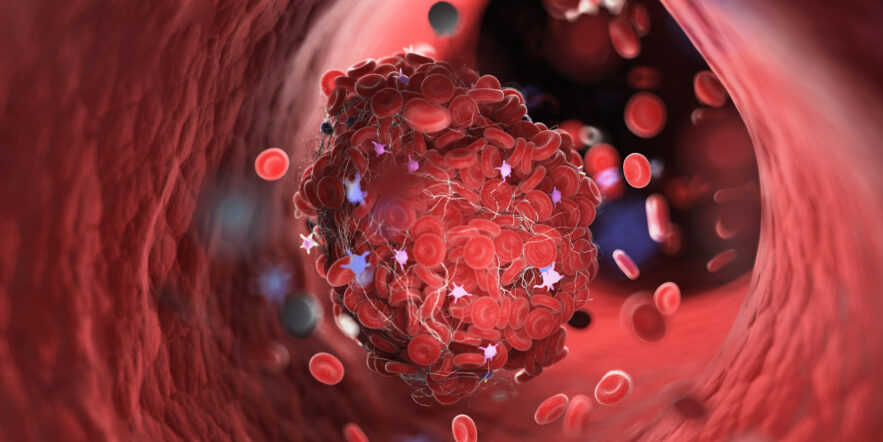Warfarin Increased Risk of Side Effects
Many patients who take the blood thinner warfarin may be at an increased risk of side effects of the drug since they are not knowledgable about food and drug interactions associated with the medication.
The results of a recent study evaluating warfarin patients’ understanding of the drug and interactions is of concern since the side effects can lead to stroke and bleeding complications, which can sometimes be fatal.
Warfarin Causes The Most Deaths From Drug Related Side Effects
“Worldwide, warfarin causes the most deaths from drug-related side effects,” senior author Kjersti Oterhald, PhD, of the Haukeland University Hospital in Norway said in a statement. “Patients need to know what foods and drugs have an impact on how warfarin works, and what to do if they have symptoms of an overdose.”
The study, just presented at the EuroHeartCare 2016 Conference, which is sponsored by the European College of Cardiology, included results of a questionnaire that was sent to 404 patients with aortic stenosis who were taking warfarin. About two-thirds of them were taking the drug because they had a mechanical heart valve, and about a quarter were taking the medication to treat atrial fibrillation. Warfarin helps to prevent blood clots.
They were given a questionnaire with 28 multiple choice questions about warfarin. On average, the participants answered 18 questions correctly. However, 22% only gave correct answers to fewer than half of the questions. Questions that were answered incorrectly tended to be about food and drug interactions and when to call a doctor.
WARFARIN CHECKLIST
- Diet: keep vitamin K intake consistent and check content of new foods; even small levels eaten in large amounts affect the INR
- Drugs: antibiotics increase INR; avoid herbal medicines; ask about over the counter drugs
- Call the doctor: nosebleeds indicate blood is too thin; diarrhoea causes vitamin K loss
- Exercise: patients who exercise regularly need a higher warfarin dose
- Be consistent: check how anything out of the ordinary will affect your warfarin.
For example, when asked about which foods would intergere with warfarin — celery, carrots, cole slaw or green beans — onlyt 25% correctly answered cole slaw. Most answered green beans.
The survey also found that only 45% of respondents knew to go to a physician if they had diarrhea for more than one day. In addition, older paitents tended to have more incorrect answers.
Oterhals noted that physicians and other healthcare workers need to better educate people taking warfarin about how the drug works inside the body to prevent any potentially serious interactions.
“Health professionals have a responsibility to educate patients, but unfortunately, even cardiac nurses do not know enough,” she noted. “There is an urgent need to improve health professionals’ warfarin knowledge so they can educate patients.”






